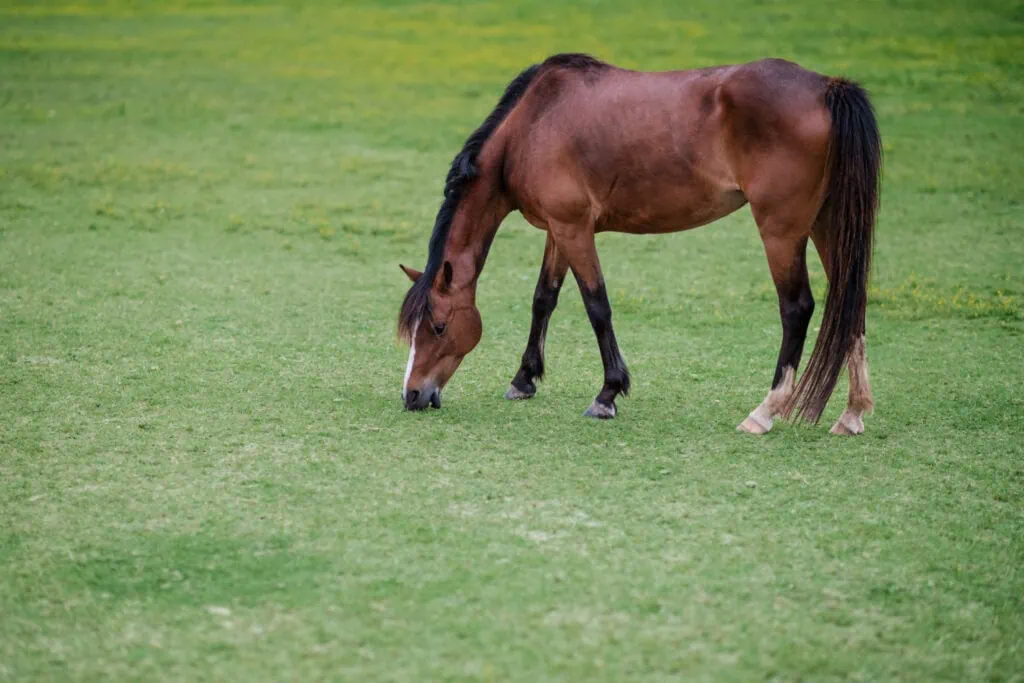When it comes to horse properties, land matters. Just like residential buyers scope out external property characteristics like slopes, drainage, or types of grass, it’s also important (if not more) for buyers of horse properties and equestrian estates to make sure the land is conducive for them and their horses.
Not all land is favorable to horses, and choosing the wrong place for your horses can cause detrimental (even fatal) health problems. So, how do you avoid that? Here are 5 things to look for in the land when finding a new home for you and your animals.
What to look for in the land when buying a horse property in NC
1. Drainage
Poorly drained pastures contribute to weakening and rot of horse hooves, causing them to go lame. When finding a new horse home, make sure that the land has proper drainage and is free of marshy areas. If you are taking a peek at a property, you may want to consider doing so after rainfall so you can see if or where there is a concentration of water.
2. Water source
Consider the available water source. Is the well deep enough to supply an adequate amount of water for all of the horses on the property? How often does the well fill? It is easy to supplement horses with food, but water is another story. You want to feel confident that the well won’t run dry.
3. Waste
Make sure there is a clear plan for the manure. Will you be able to spread it? If not, is the manure pit large enough to sustain the number of horses on the property? Assess your waste management plan and make sure the property you are viewing will support it.
4. Composition
What kinds of soils and grasses are found on the land? Not all soils are created equal, and some are better for creating optimal grasses for the pasture. Has the land been kept up? Make sure that the land is free from toxic plants or weeds to avoid any harm due to accidental consumption.
5. Slopes & erosion
Look for land that has slope stability and limited signs of erosion. Steep slopes can be physically challenging for horses and put unnecessary strain on their ligaments. In addition, unless there is mature grass covering the slopes, there is increased risk for runoff and water management issues.
Although erosion is common on horse farms, the less you see, the better. Erosion moves the more nutrient-dense soil layers elsewhere, making the grass your horses snack on less optimal and nutritious.
What to look for—and who to call—when buying a horse property
When horse house hunting, you’ll want to make sure the land that you “land” on will be beneficial to you and your horses. Knowing what to look for is the first place to start. Having a realtor who specializes in horse properties and equestrian estates is the second. Contact me to start a conversation about finding your dream horse property.
